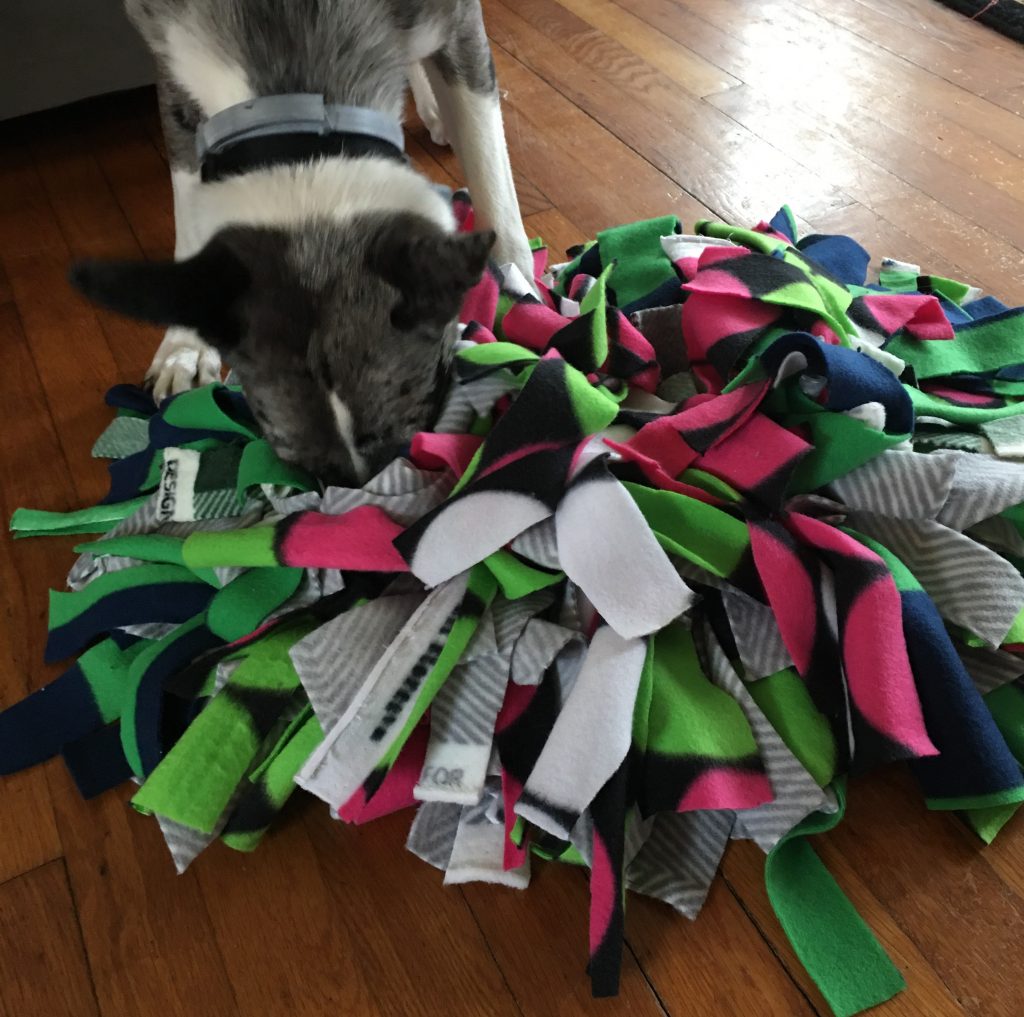COVID-19 and Your Pet’s Nutritional Health
The COVID-19 outbreak has understandably thrown ours and our pets’ lives into flux. We of the Clinical Nutrition team are here to help provide some answers to help keep you and your pet safe.
Q: Could my pet be infected with COVID-19 through their food?
A: At the time of publication, the U.S. Centers for Disease Control and Prevention (CDC) has found no evidence that pet foods can spread the virus that causes COVID-19.
Q: How can I prepare myself and my pet during the outbreak?
A: The American Veterinary Medical Association (AVMA) has created a helpful toolkit on emergency preparedness for people and their pets. This includes a pet-evacuation kit checklist with a list of items to have on hand; including two weeks’ worth of food, water, medicines, flea and tick prevention, and cleaning supplies for your pet.
Q: Where can I buy pet food if my normal clinic or store is closed?
A: Many companies are still offering online ordering options. If your pet is on a therapeutic diet that requires veterinary approval, make sure to buy a few weeks’ extra supply in advance in case your provider closes.
Q: I can’t exercise my pet like I used to. Does that mean I need to make changes to their diet?
A: If you have safe place to do so, it is a good idea for both you and your pet to try and continue to exercise. Otherwise, you may want to reduce the amount you’re feeding your pet since they’re burning fewer calories.
Q: What are some activities I can do with my pet at home?
A: Mental stimulation is also just as important as physical activity. Puzzle toys, food dispensing toys, or games can be fun for you and your pet! One example of a home-made enrichment toy is a ‘snuffle mat’ where pieces of fleece material are tied to a rubber mat with holes so pieces of kibble or treats can be hidden among the fabric and allows your pet to ‘sniff out’ and find pieces of food (this also helps to occupy pets for those who need to work from home). More ideas for cognitive toys for your pets can be found here.

For the latest information on COVID-19 and how you and your pet can prepare, see this Tufts article, the CDC website, the AVMA website, and your state’s Department of Public Health website.
Written in conjunction with veterinary student, Rachel Hanford.

